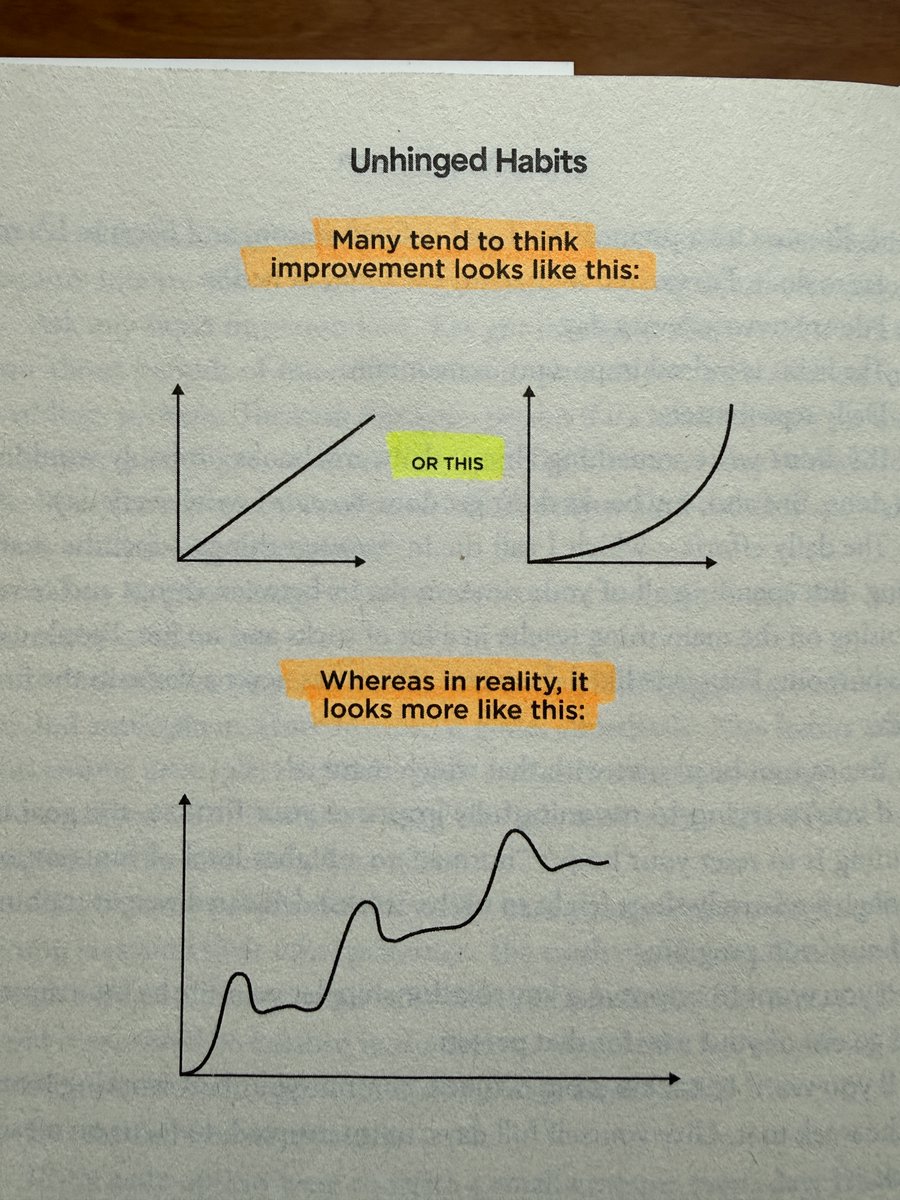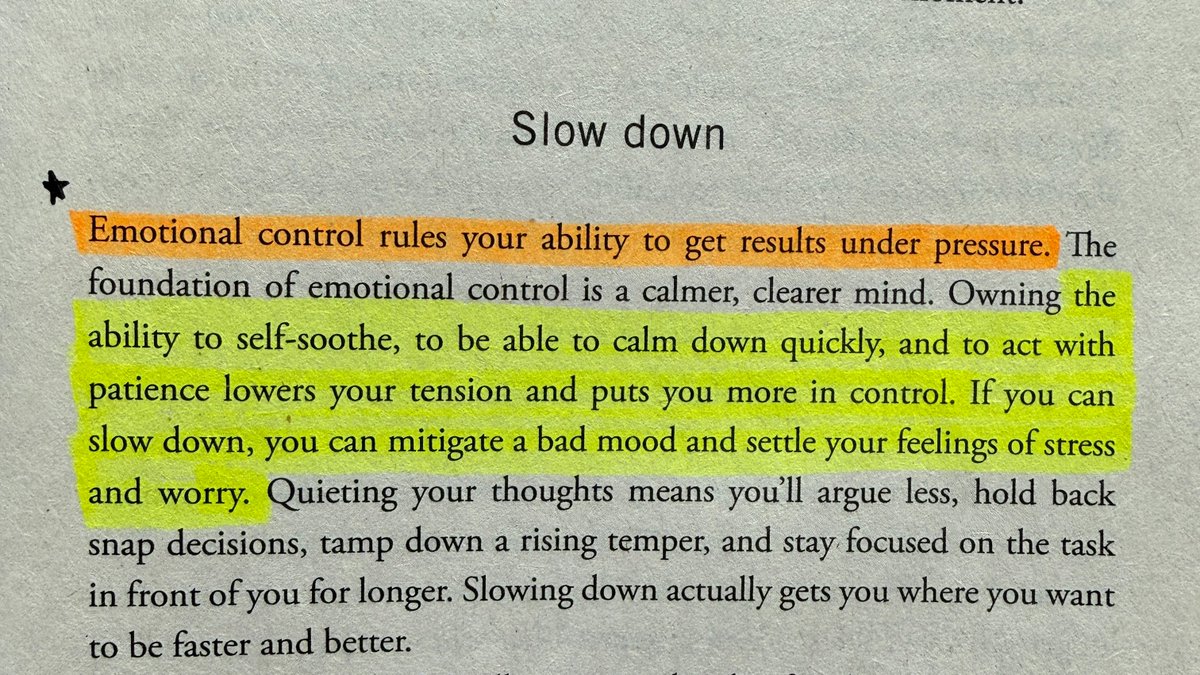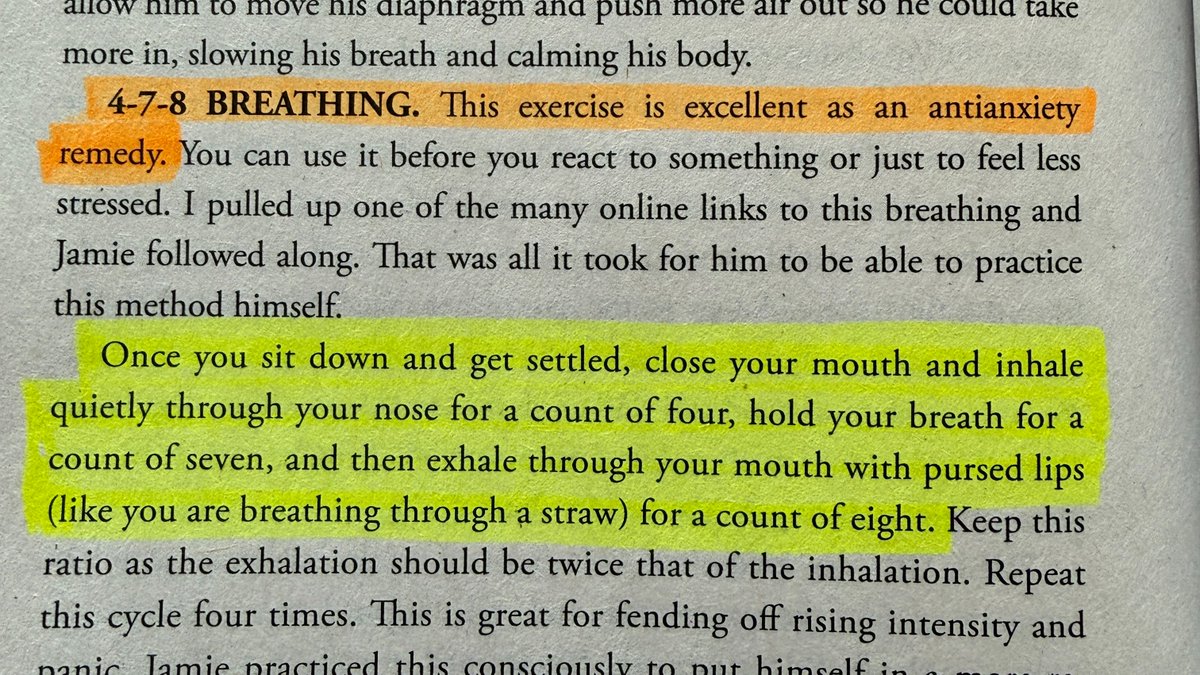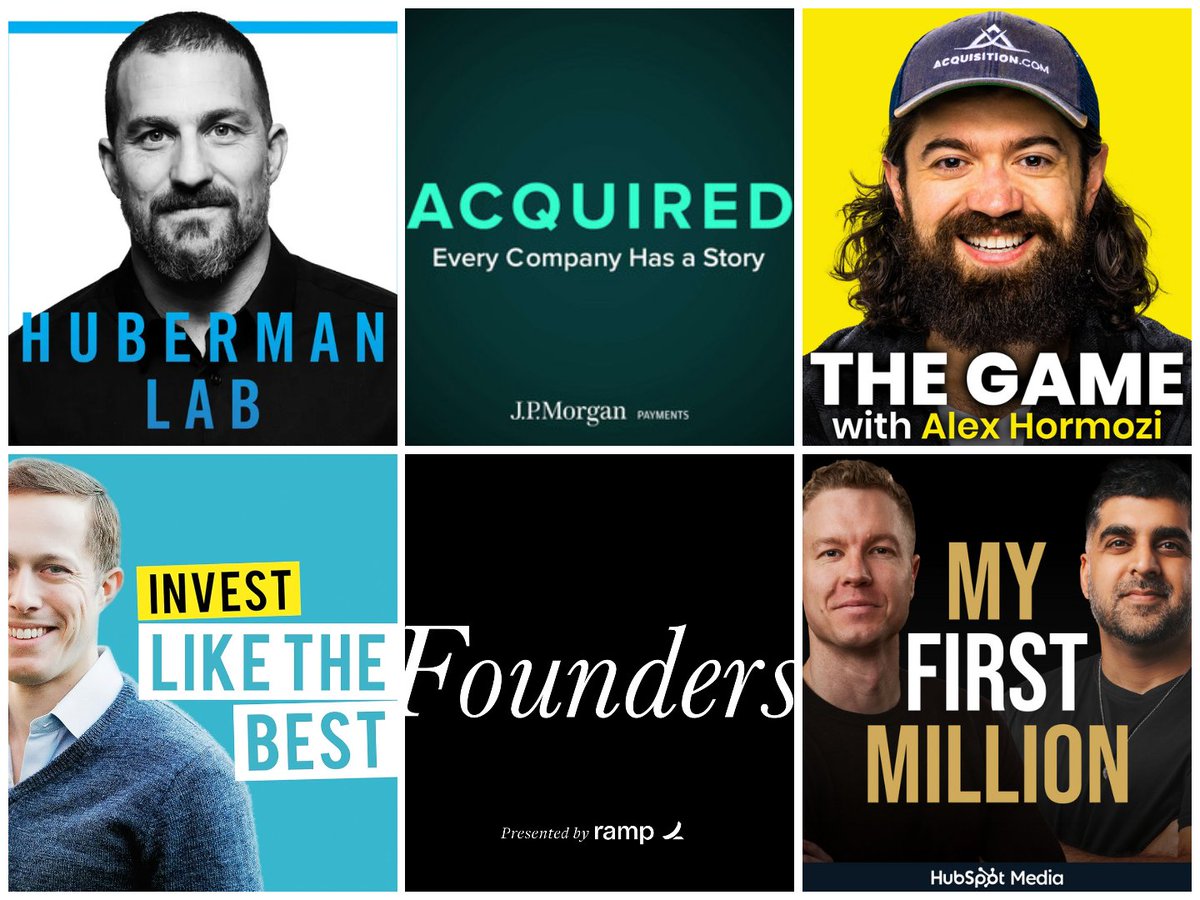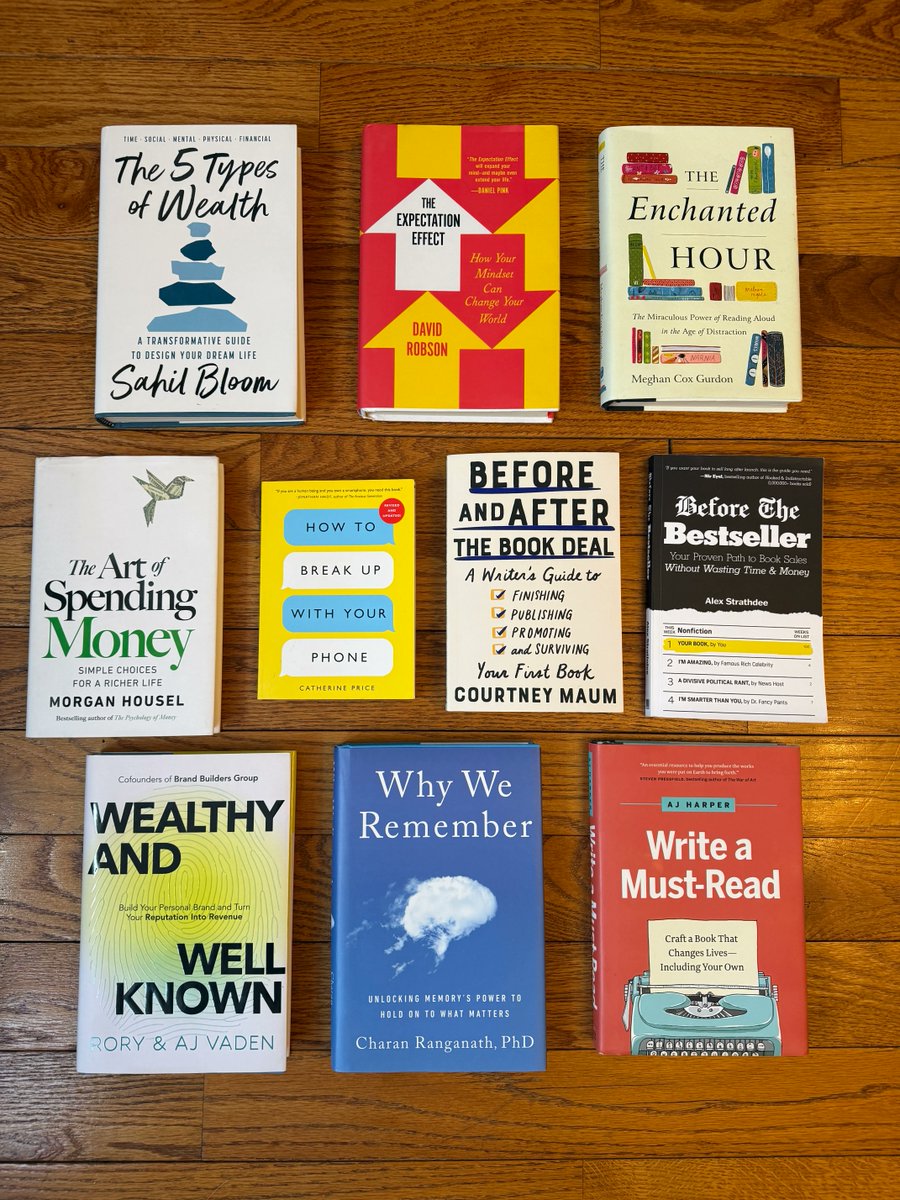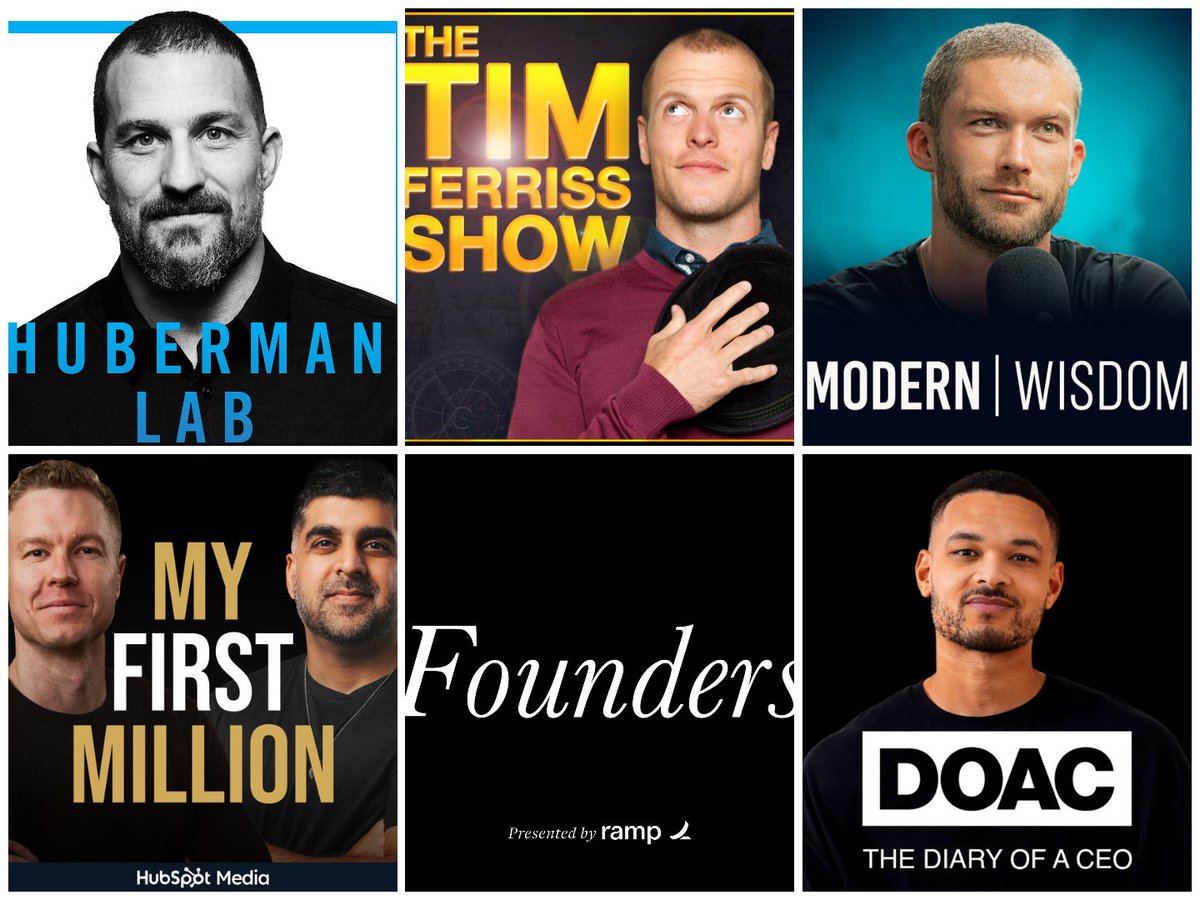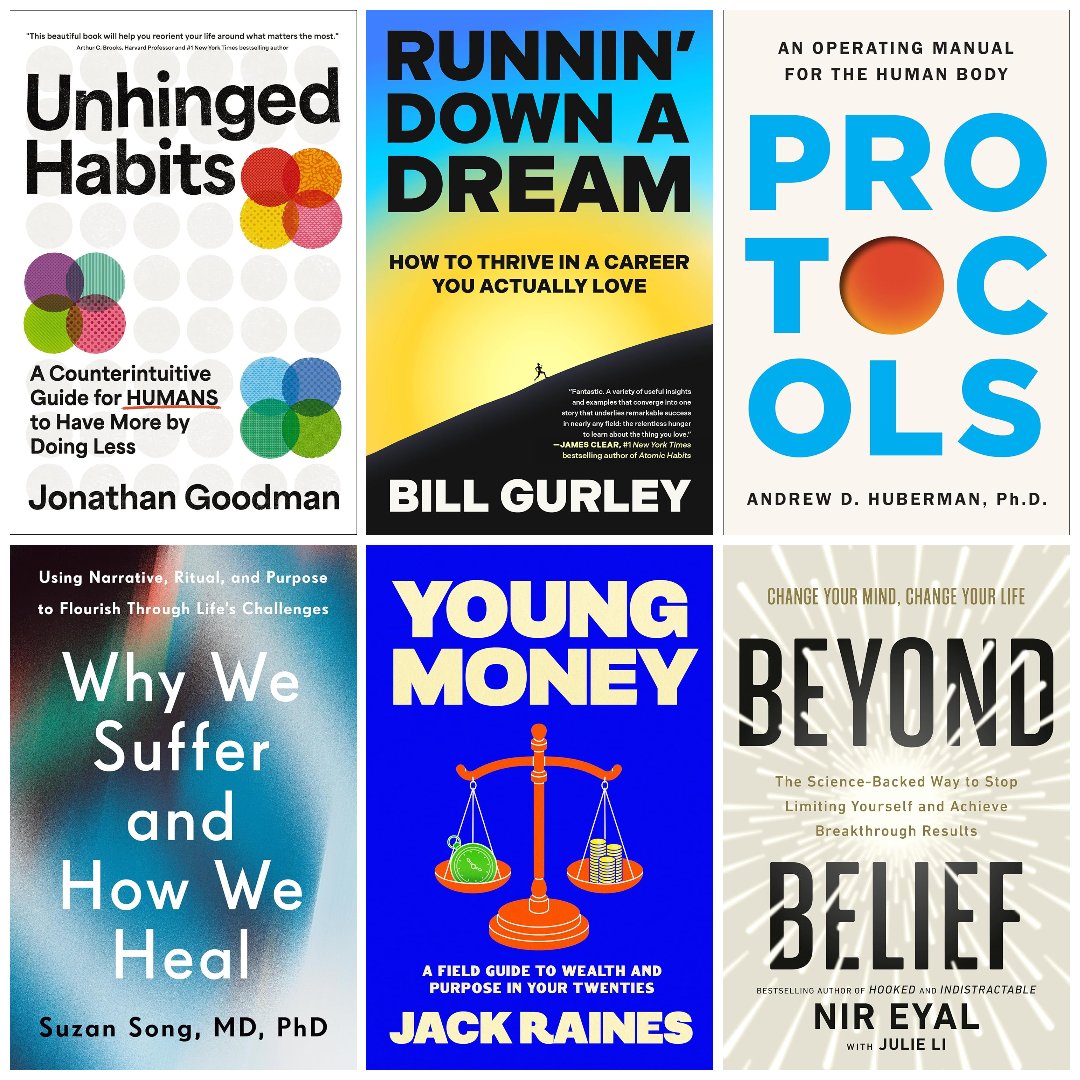This is @david_perell.
He's interviewed dozens of famous authors, taught thousands of people how to write better, and made millions from reading and writing.
Here are 15 tips from him on how to become a better reader:
1) When you first begin your reading habit, it’s best to focus on having fun. Cultivating a habit is hard. The best way to stick with it is to have fun with it.
2) Resist the temptation to finish every book you start and discard bad books as soon as possible. It always feels wrong, but that’s okay.
3) While most people will recommend new books, old books that’ve stood the test of time are likely the best use of your attention.
4) Depending on what line of work you’re in, there are must-read, “cannon books.” Those are probably worth your time
5) I try not to look for the best books. Instead, I hunt for forgotten old books and under-valued new ones. Crucially, this heuristic guides me towards ideas that nobody is talking about.
6) When I interview or meet somebody I admire, I always ask for book recommendations.
7) Don’t trust what everybody in society is reading. Trust what the people you respect are reading instead. Find people whose recommendations you trust and read what they recommend.
8) Read an enormous amount of books. More than you think you need to, not the ones that everyone else is reading, and ideally covering a wide range of topics.
9) The modern world is filled with distraction, superficial entertainment, and demands on our attention. This makes deep reading difficult, even though the benefits of doing so are immense and compound over time.
10) Read books that the ideal version of yourself (in 20 years) would have been proud to have read. If you’re reading challenging or intimidating books, you’re probably on the right track. Reading the right books is challenging and uncomfortable.
11) Read books that intimidate you. Have a bias for books that would push most people away. These books are either too long, too difficult, or too counter-intuitive, but they will likely contain information that will give you an edge and spew out interesting, unexpected ideas.
12) If you read what everybody else is reading, you’ll think what everybody else is thinking.
13) Have a bias for books that would push most people away, especially if they are still in print after many years. These books are either too long, too difficult, or too counter-intuitive, but they will likely contain information that will give you an edge.
14) Read books that’ve stood the test of time. When in doubt, have a bias towards old, weird books.
15) At the end of the day, the most important part of reading is enjoying it. If you don’t enjoy reading, words won’t engage you, and if words don’t engage you, you’ll stop reading. Don’t let that happen. Do everything you can to enjoy reading.
He's interviewed dozens of famous authors, taught thousands of people how to write better, and made millions from reading and writing.
Here are 15 tips from him on how to become a better reader:
1) When you first begin your reading habit, it’s best to focus on having fun. Cultivating a habit is hard. The best way to stick with it is to have fun with it.
2) Resist the temptation to finish every book you start and discard bad books as soon as possible. It always feels wrong, but that’s okay.
3) While most people will recommend new books, old books that’ve stood the test of time are likely the best use of your attention.
4) Depending on what line of work you’re in, there are must-read, “cannon books.” Those are probably worth your time
5) I try not to look for the best books. Instead, I hunt for forgotten old books and under-valued new ones. Crucially, this heuristic guides me towards ideas that nobody is talking about.
6) When I interview or meet somebody I admire, I always ask for book recommendations.
7) Don’t trust what everybody in society is reading. Trust what the people you respect are reading instead. Find people whose recommendations you trust and read what they recommend.
8) Read an enormous amount of books. More than you think you need to, not the ones that everyone else is reading, and ideally covering a wide range of topics.
9) The modern world is filled with distraction, superficial entertainment, and demands on our attention. This makes deep reading difficult, even though the benefits of doing so are immense and compound over time.
10) Read books that the ideal version of yourself (in 20 years) would have been proud to have read. If you’re reading challenging or intimidating books, you’re probably on the right track. Reading the right books is challenging and uncomfortable.
11) Read books that intimidate you. Have a bias for books that would push most people away. These books are either too long, too difficult, or too counter-intuitive, but they will likely contain information that will give you an edge and spew out interesting, unexpected ideas.
12) If you read what everybody else is reading, you’ll think what everybody else is thinking.
13) Have a bias for books that would push most people away, especially if they are still in print after many years. These books are either too long, too difficult, or too counter-intuitive, but they will likely contain information that will give you an edge.
14) Read books that’ve stood the test of time. When in doubt, have a bias towards old, weird books.
15) At the end of the day, the most important part of reading is enjoying it. If you don’t enjoy reading, words won’t engage you, and if words don’t engage you, you’ll stop reading. Don’t let that happen. Do everything you can to enjoy reading.
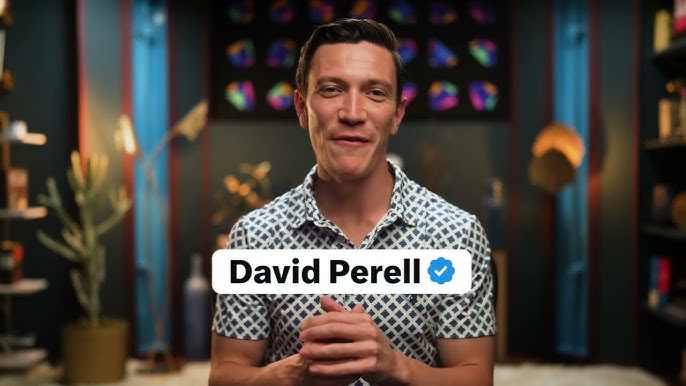
• • •
Missing some Tweet in this thread? You can try to
force a refresh



